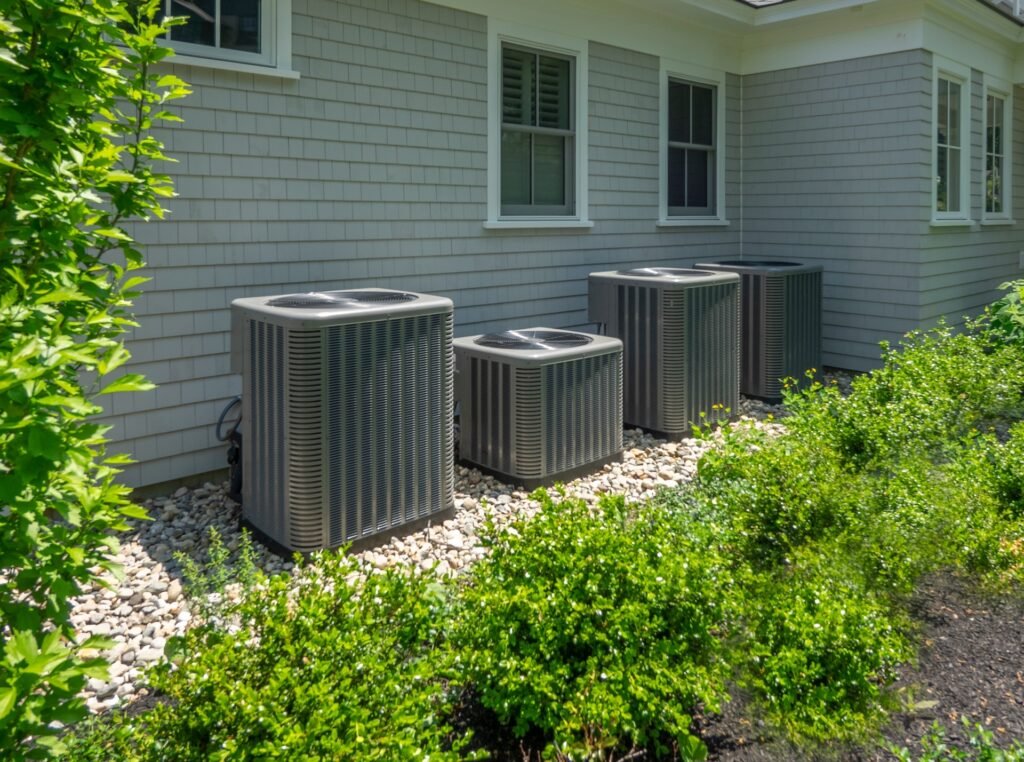Exploring Energy Efficiency in HVAC Systems: A Guide to Sustainable Comfort
Heating, ventilation, and air conditioning (HVAC) systems play a pivotal role in maintaining indoor comfort, but have you ever wondered about their energy efficiency? In this blog post, we'll delve into the world of HVAC systems, exploring their energy efficiency and why it matters for both your wallet and the environment.
Understanding Energy Efficiency in HVAC:
SEER Ratings:
HVAC systems are often rated based on their Seasonal Energy Efficiency Ratio (SEER). A higher SEER rating indicates greater energy efficiency. Modern systems come equipped with advanced technology, offering impressive SEER ratings for optimal performance.
Smart Thermostats:
The integration of smart thermostats allows for precise temperature control. These devices adapt to your lifestyle, optimizing energy usage by adjusting settings when needed and ensuring your home is comfortable when occupied.
Variable-Speed Motors:
Energy-efficient HVAC systems often feature variable-speed motors. Unlike traditional systems that run at a constant speed, these motors adjust their speed based on the heating or cooling needs, leading to more efficient operation and reduced energy consumption.
The Benefits of Energy-Efficient HVAC Systems:
Cost Savings:
Upgrading to an energy-efficient HVAC system can result in significant cost savings. By reducing energy consumption, you'll notice a positive impact on your monthly utility bills.
Environmental Impact:
HVAC systems account for a substantial portion of residential energy consumption. Choosing an energy-efficient model helps decrease your carbon footprint, contributing to a more sustainable and eco-friendly living environment.
Enhanced Comfort:
Energy-efficient systems provide consistent and quiet operation. Enjoying a comfortable indoor environment year-round becomes not only a reality but an efficient and seamless experience.
Incentives and Rebates:
Many energy companies and government programs offer incentives and rebates for upgrading to energy-efficient HVAC systems. These financial benefits can further sweeten the deal when considering an upgrade.
Making the Switch:
Considering the environmental impact and long-term cost savings, upgrading to an energy-efficient HVAC system becomes a sensible choice. Consult with HVAC professionals to assess your specific needs and explore the available options tailored to your home.
Conclusion:
In conclusion, the energy efficiency of HVAC systems is a crucial consideration for homeowners looking to balance comfort, cost-effectiveness, and environmental responsibility. With advancements in technology and a growing emphasis on sustainability, making the switch to an energy-efficient HVAC system not only enhances your living experience but also contributes to a greener future. Take the first step towards sustainable comfort and explore the possibilities of energy-efficient HVAC solutions for your home.

